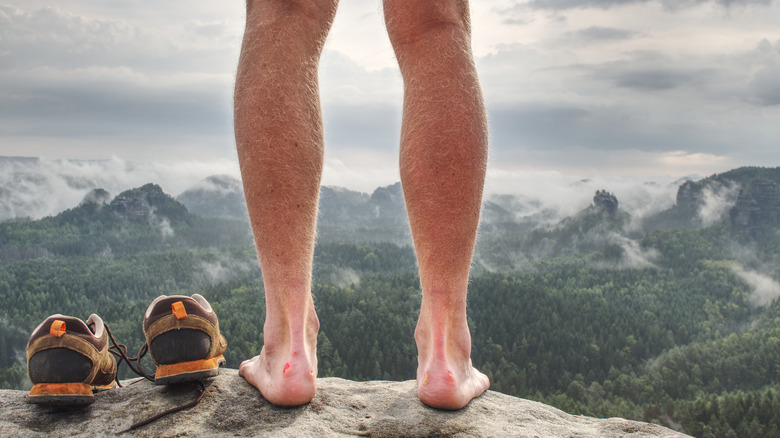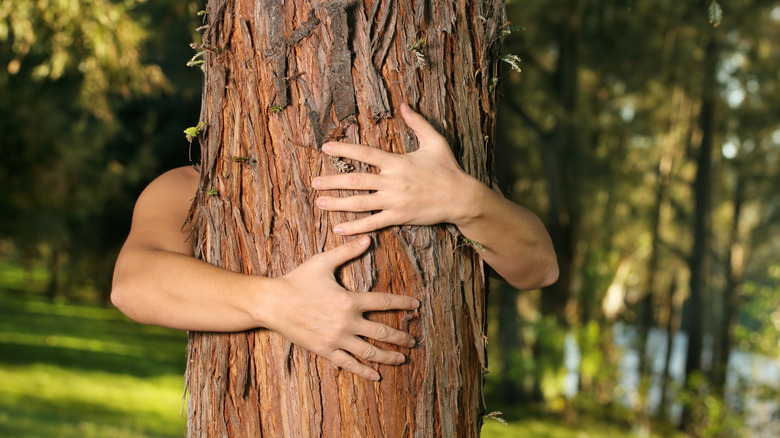Are You Legally Allowed To Hike Naked?
For some, the allure of shedding clothes and connecting with nature in the nude can be strong. While some parts of the world, like Germany with its thriving nudist culture (according to Culture Trip, 600,000 people in Germany are registered with private nudist clubs), embrace naked hiking, the legal landscape in the United States is far more nuanced. The short answer is that the legality of nude hiking in the United States depends on the state you're in and the land you're on.
It's crucial to research the specific laws and regulations for the area you plan to hike in. Additionally, respecting the comfort of fellow hikers and avoiding any actions that could be perceived as disorderly conduct is essential to avoid legal consequences. Remember, the freedom to hike naked comes with the responsibility of ensuring a safe and enjoyable experience for everyone on the trail. Staying safe in the wilderness is also vital, so before you head off on a hike, remember to check whether you have the correct permit for your trip and make sure to avoid common hiking mistakes.
National-level laws relating to nude hiking
While national parks themselves might not have specific laws against public nudity, the legal landscape gets more nuanced due to the Assimilative Crimes Act. This act essentially grants park rangers the authority to enforce state and local laws within the park boundaries. This means that even if nudity is technically legal under federal law, if the surrounding state prohibits it, you could still face charges for hiking naked within that park.
National forests and Bureau of Land Management (BLM) lands offer a clearer picture. Regulations under Title 36 of the Code of Federal Regulations specifically prohibit "being publicly nude." This means that stripping down in these areas, which make up a significant portion of public lands in the U.S., will likely lead to a citation or even arrest. Determining whether you're on National Forest or BLM land can be tricky. To figure out if you are, check boundary markers displaying a BLM or U.S. Forest Service Logo or check other informational signs.
Going nude at state and local levels
Beyond federal regulations, individual states and local municipalities often have their own intricate legal frameworks regarding public nudity. These laws often define what constitutes indecent exposure and can result in misdemeanor or felony charges depending on the severity of the offense. Additionally, the concept of "disorderly conduct" often plays a crucial role at the state and local levels. This means that even if public nudity might be technically permissible in a specific location if your actions disrupt the peace, offend other hikers, or cause public alarm, you could still face charges of disorderly conduct.
While areas often lack blanket bans on public nudity, the legal landscape surrounding this practice can become quite nuanced depending on the specific location. Cape Cod National Seashore, for example, has implemented a specific ban on public nudity due to past complaints and concerns about public decency. California Penal Code Section 415 further emphasizes this point, showcasing how disorderly conduct statutes can be applied to public nudity. While the law doesn't explicitly mention nudity, its focus on offensive conduct leaves room for interpretation. Legal precedent exists where individuals engaging in public nudity have faced disorderly conduct charges if their actions caused offense or alarm to others.
Therefore, before embarking on your barefooted adventure, remember to check local regulations and familiarize yourself with proper hiking etiquette.


